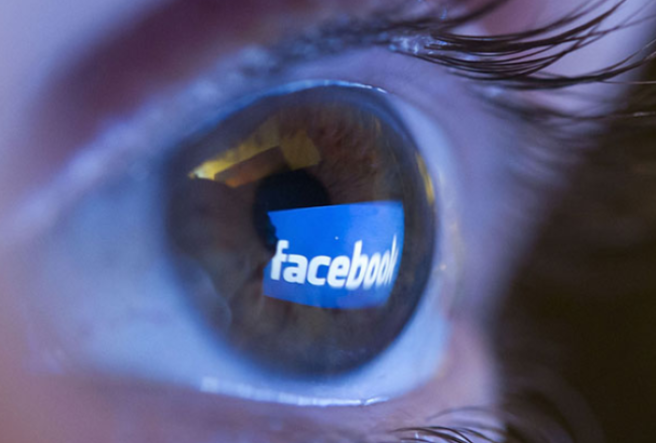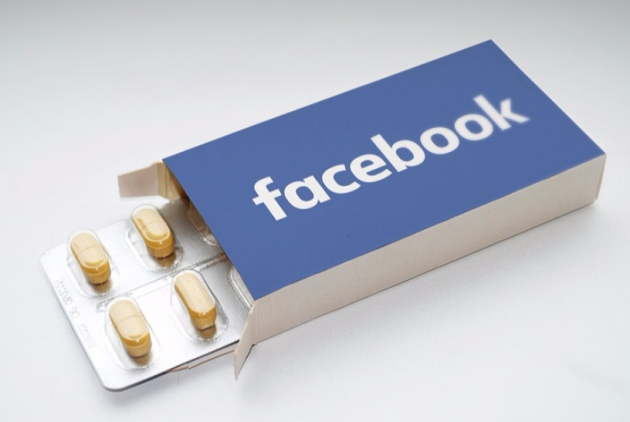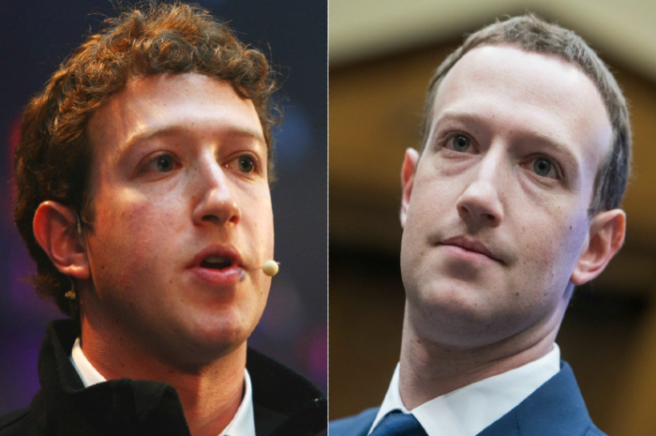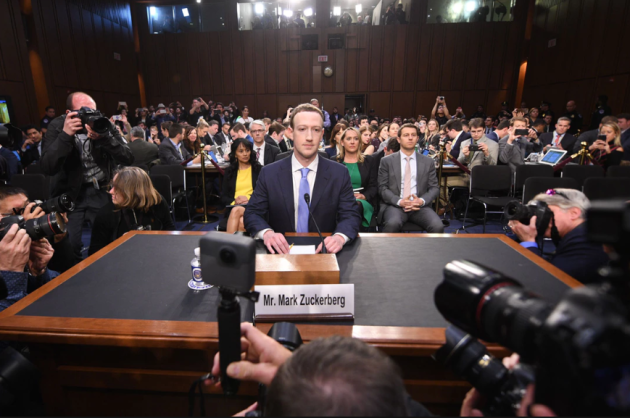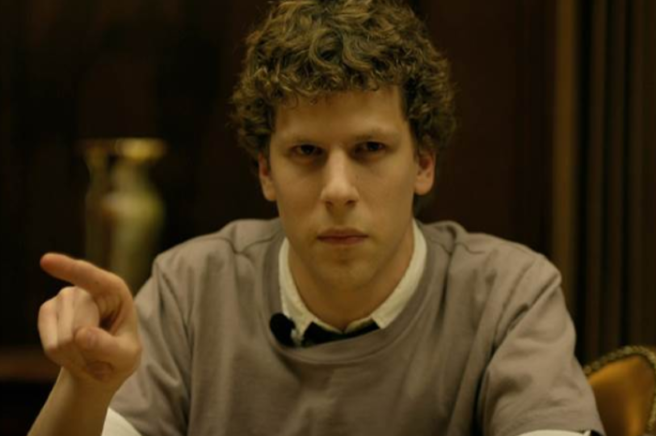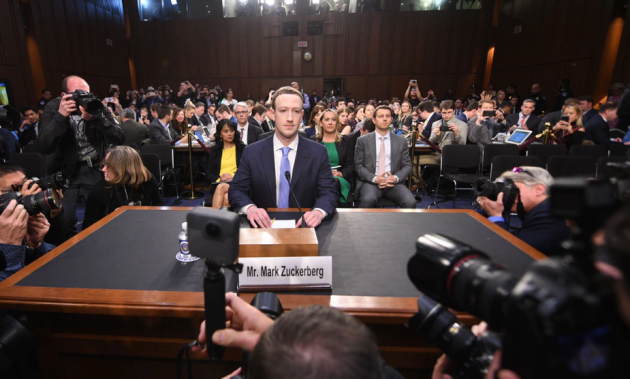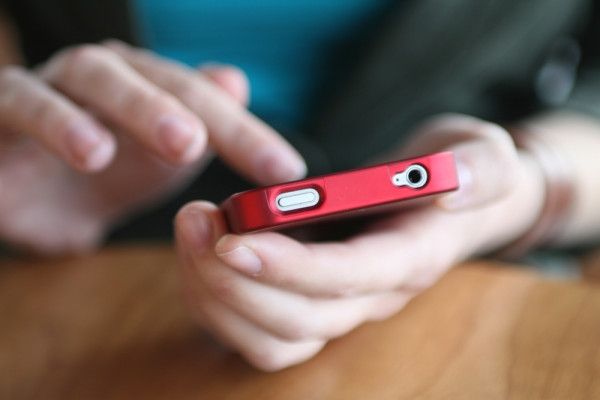
How much cash will Love Island 2019 stars earn for Insta posts?
We're thoroughly enjoying this series of Love Island, but now it's time for some seriously mathematical analysis. Namely, about the ridiculous amounts of cash they're set to earn when they emerge from the villa.
We all know that the ITV2 reality show has produced a well of influencers who sell sponsored content for an array of brands, but how much exactly would they earn per Instagram post? What if they don't even have Instagram?
Apparently, influencers with 30,000-500,000 followers can pocket over
Influencers with 30,000 – 50,000 followers can anything up to €450 per post on Instagram according to a new study from digital marketing experts, while those with over 500,000 followers could be pocketing around €1,855.96.
Yeesh, that's serious dough. New data from Rise at Seven states that social media influencers are paid on average €0.0037 for every follower they have per post.
Considering the huge amount of sponsorship deals the Islanders attract once they're on the outside and how many followers they have (between 150,000 and three million currently), that's a huge amount of money.
Let's break it down by Islander to get some answers:
Molly-Mae Hague, 3,161,221 followers – could earn €8,026.81 per post
Tommy Fury, 1,827,963 followers – could earn €6,785.95 per post
Amber Rose Gill, 1,389,963 followers – could earn €5,157.60 per post
Maura Higgins, 1,137,580 followers – could earn €4,223.04 per post
Curtis Pritchard – 1,063,798 followers – could earn €3,948.72 per post
Anna Vakili, 985,641 followers – could earn €3,658.61 per post
Michael Griffiths, 961,185 followers – could earn €3,568.49 per post
Anton Danyluk, 854,976 followers – could earn €3,174.18 per post
Ovie Soko, 807,513 followers – could earn €2,997.97 per post
Jordan Hames, 420,228 followers – could earn €1,560.14 per post
Belle Hassan, 337,993 followers – could earn €1,254.84 per post
India Reynolds, 328,477 followers – could earn €1,219.51 per post
Greg O'Shea, 150,347 followers – could earn €558.18 per post
We're guessing by how unreal Greg is that his follower count is about to increase drastically this week. His manners, his Irish charm, his…abs. Him and Amber could go all the way and snatch the crown.
Chris Taylor, 149,000 followers- could earn €550 per post.
In conclusion, reality TV stars earn a shocking amount of coin per post due to sponsorship deals, and their lives delve into brands and marketing pretty fast once they leave Love Island.
Somehow, we can't envision Greg as a solicitor and rugby player showing off #spon on his Instagram page, but we could be proved wrong.
Feature image: ITV/REX







